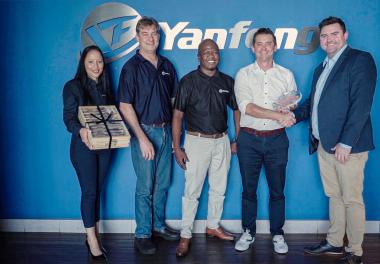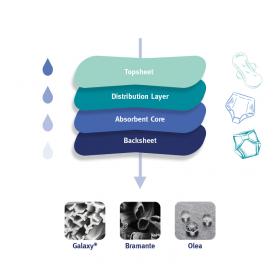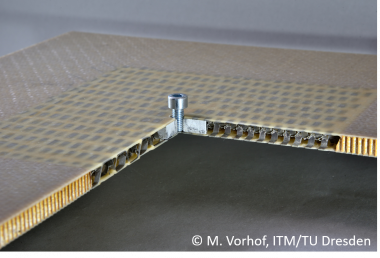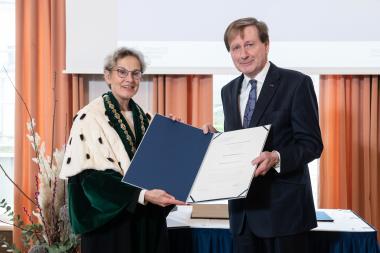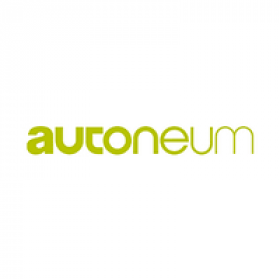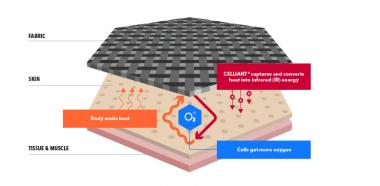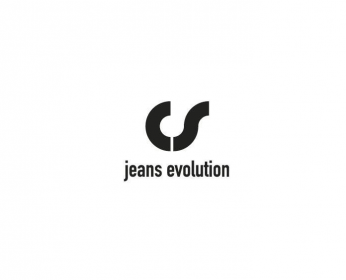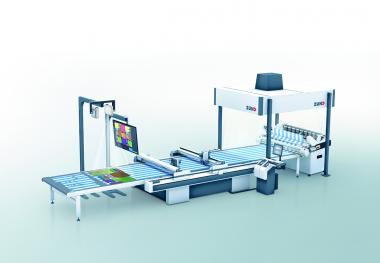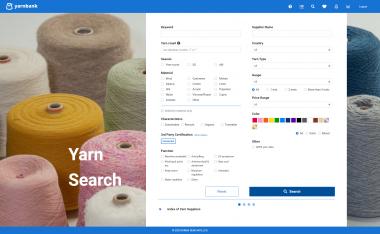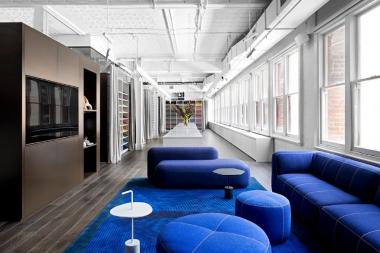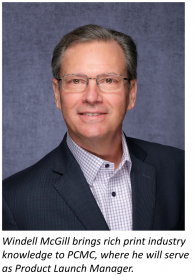Yanfeng: Change to renewable energy for production in South Africa
Yanfeng has reached another milestone in its sustainability journey by bringing the power of solar energy to its plants in South Africa. The global automotive supplier already uses renewable energy at all its locations in Europe – some of which are already operating with 100% green energy – and now will supplement its operations in South Africa with sustainable and emission-free solar energy generation.
Many sectors are facing major challenges with the transition to a low-carbon economy. The automotive sector in particular faces many operational and economic challenges when transforming production plants into net-zero emission operations. Thanks to its commitment to sustainability, 100% of the solar energy generated by the PV systems is used to power Yanfeng’s production plants in South Africa, helping them save around 2,559 tons of CO2 annually while reducing their monthly costs and increasing efficiencies.
The solar energy systems were funded by SolarAfrica, which will also operate, maintain and monitor the systems going forward. “From the outset of these projects, Yanfeng’s focus was on reducing their CO2 emissions and SolarAfrica is proud to partner with them to make their journey towards sustainability a success,” said David McDonald, CEO of SolarAfrica. “It’s inspiring to see a global company like Yanfeng invest in world-class facilities in South Africa, contributing to our country’s green economy and supporting job creation in the automotive industry.”
All Yanfeng European plants were converted to renewable energy by the beginning of 2022. With this new PV system, Yanfeng has implemented a milestone in the conversion to net-zero emission production at its two plants in South Africa.
Yanfeng International


